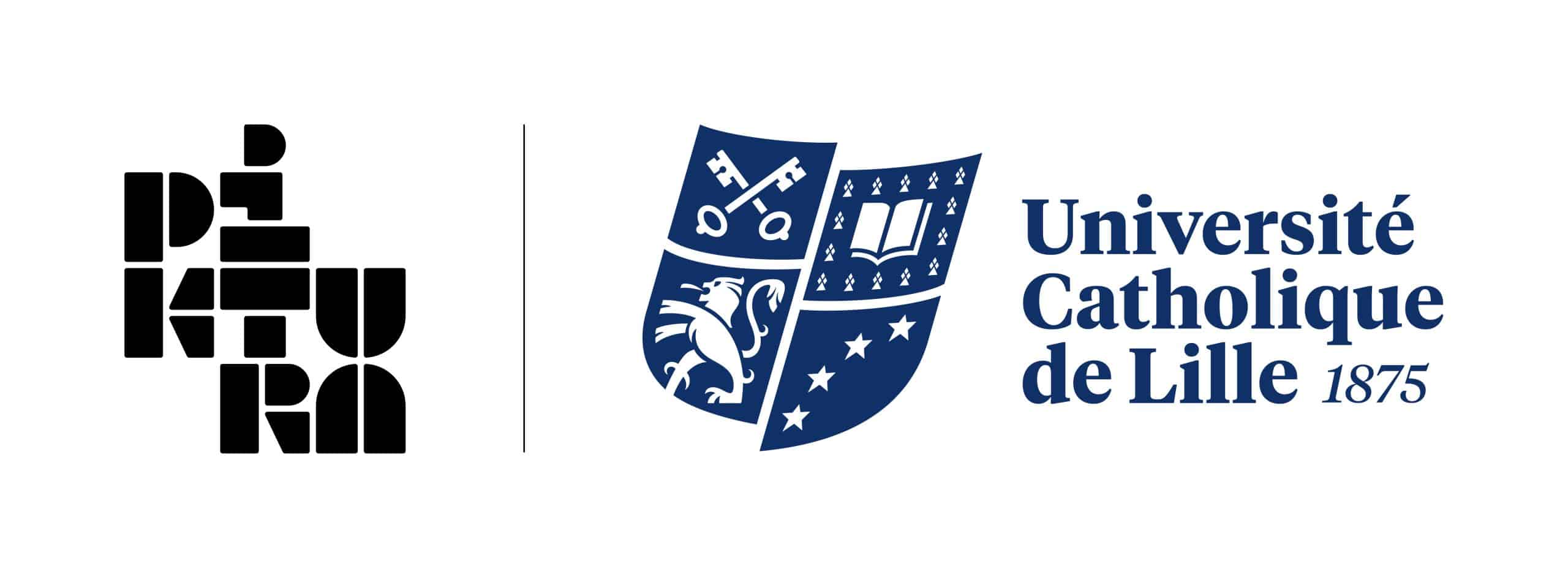
Producing
Etablissement : PIKTURA Ecole de l’image
Langue : Français
Formation(s) dans laquelle/lesquelles le cours apparait :
Période : S5
Etre capable de suivre et de mesurer les progrès d’une production d’un point de vue de travail. Suivis personnalisés en fonction des projets et des difficultés traversées. Pouvoir changer l’angle d’attaque du projet pour le rendre meilleur et savoir tenir des délais de production.
Les séances se découpent en suivi de projet ou en oraux de présentation de la part des étudiants (appelés milestones).
Suivi (2 séances) : constat des avancés de la production en accord avec le planning de production. Validation ou non de décisions pouvant être suggérées par les élèves. Suggestions de pistes d’évolution pour amener le projet plus loin et l’améliorer en qualité tout en tenant compte des délais.
Milestones (2 séances) : présentation des avancées à l’oral aux responsables de production de l’école. Des conseils ou des changements peuvent être suggérés aux étudiants lors de retours constructifs sur toutes les facettes (corps de métier) du projet.


